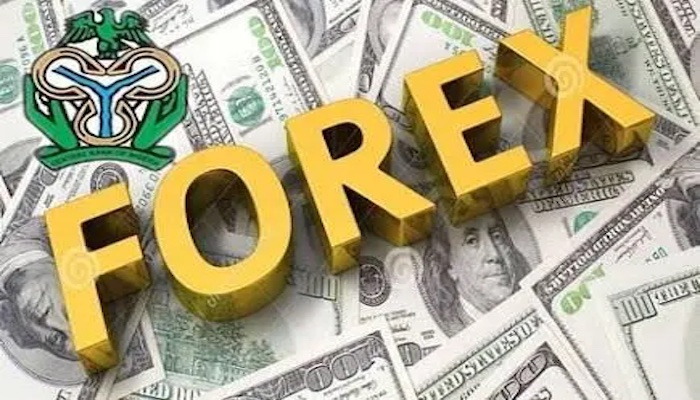The Central Bank of Nigeria (CBN) declared on Thursday that starting from August 31, 2023, all requests for Forms M must include a valid Price Verification Report (PVR), which should be generated from the Price Verification Portal established by the bank. This directive was communicated through a circular dated August 17, 2023, signed by Dr. Ozoemena Nnaji, the Director of the CBN’s Trade and Exchange Department, and addressed to all banks.
Additionally, the central bank announced the official launch of the price verification system, following a successful pilot run and comprehensive training sessions held with all banks. The CBN emphasized that the PVR is now an obligatory trade document that must be furnished prior to finalizing a Form M from now on.
The CBN further instructed all authorized dealers to inform their customers about this requirement, underscoring that any violation would result in appropriate penalties.
The CBN’s recent announcement follows its earlier disclosure in January 2022 that, effective February 1, 2022, all import and export operations would necessitate the submission of an electronic invoice (e-invoice) authenticated by Authorised Dealer Banks (ADBs) on the Nigeria Single Window portal – Trade Monitoring System (TRMS). The CBN noted that the introduction of the e-valuator and e-Invoice is intended to replace the traditional hard copy final invoice as a part of the documentation necessary for import and export transactions moving forward.
Contained within a circular titled “Guidelines on the Introduction of E-Evaluator, E-Invoicing for Import and Export in Nigeria,” also signed by Nnaji and directed at all authorized dealers and relevant stakeholders, the CBN explained that this new regulation aims to ensure accurate valuation of imported and exported items to and from the country.
The bank elaborated that the new system operates based on a Global Price Verification Mechanism anchored on a benchmark price. This benchmark price refers to the actual spot market price applicable at the time of invoicing completion in the market where the goods are traded.
According to the CBN, any imports or exports with unit prices deviating more than 2.5 percent from the verified global benchmark prices would be subject to scrutiny and may not be approved for successful processing of Form M or Form NXP, as applicable.
The guidelines provide certain exemptions from compliance with this new regulation for individual invoices valued at less than $10,000 (or the equivalent in another currency), except for suppliers with an annual cumulative invoicing value reaching $500,000 (or the equivalent in another currency). Such suppliers would need to submit their invoices regardless of individual invoice value.
Exceptions were also granted for import and export transactions conducted by the country’s security agencies. The CBN clarified that supplies to diplomatic and consular missions, international agencies affiliated with the United Nations, as well as donations to foreign governments or international organizations, foundations, charities, and recognized humanitarian organizations, along with goods directly supplied by foreign governments, are exempt from this regulation.
The circular also indicated that relevant fees would be communicated periodically as the system progresses.
In essence, the guidelines stipulate that an importer or exporter of goods into Nigeria must ensure that the purchase or sales contract with a foreign supplier or buyer mandates compliance with the obligations outlined in the regulation. Furthermore, the supplier’s or seller’s invoice must be submitted in electronic format and authenticated by an ADB as part of the payment documentation. Importers/exporters are prohibited from effecting payment to foreign suppliers unless the electronic invoice has been authenticated by the ADBs and presented along with the requisite documents for payment.
